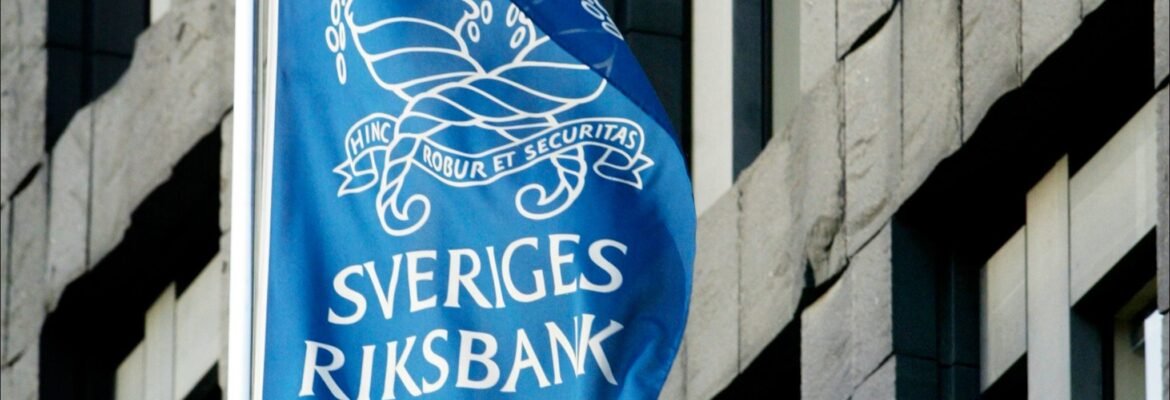Riksbank lead representative Stefan Ingves said there’s “valid justification to accept” that more administrative oversight of digital forms of money is in the pipeline.
Digital forms of money’s diligent development and perpetually standard selection are causing global financial specialists to remain alert.
Concocting administrative structures for a resource that was at first intended to go around the very design and rules of customary account is no simple undertaking. In the United States, Federal Reserve Vice Chairman of Supervision Randal Quarles raised his interests that current administrative arrangements for crypto are insufficient, showing that the Fed is currently investigating how best to handle the issue. Quarles’ comments were made in the midst of seven days of wild instability in the digital currency markets, with Bitcoin (BTC) briefly shedding a precarious $15,000 in esteem all at once.
The European Union has, in the interim, promised to “set up a far reaching system empowering the take-up of disseminated record innovation (DLT) and crypto-resources in the monetary area” by 2024 — one that will, similarly, tackle the dangers implied in these advances’ standard take-up.
In Sweden, Åsa Lindhagen, the clergyman for monetary business sectors, has said that the public authority is as of now occupied with fortifying administrative principles for digital money trades. Different crypto administrative methodologies remain, she said, a “work in progress at the global level.”
Ingves has himself commented that digital currency guidelines “will likely come at various occasions in various regions.” Yet with regards to the “vital issue” of illegal tax avoidance, Lindhagen highlighted the requirement for cross-line coordination between controllers around the world.






